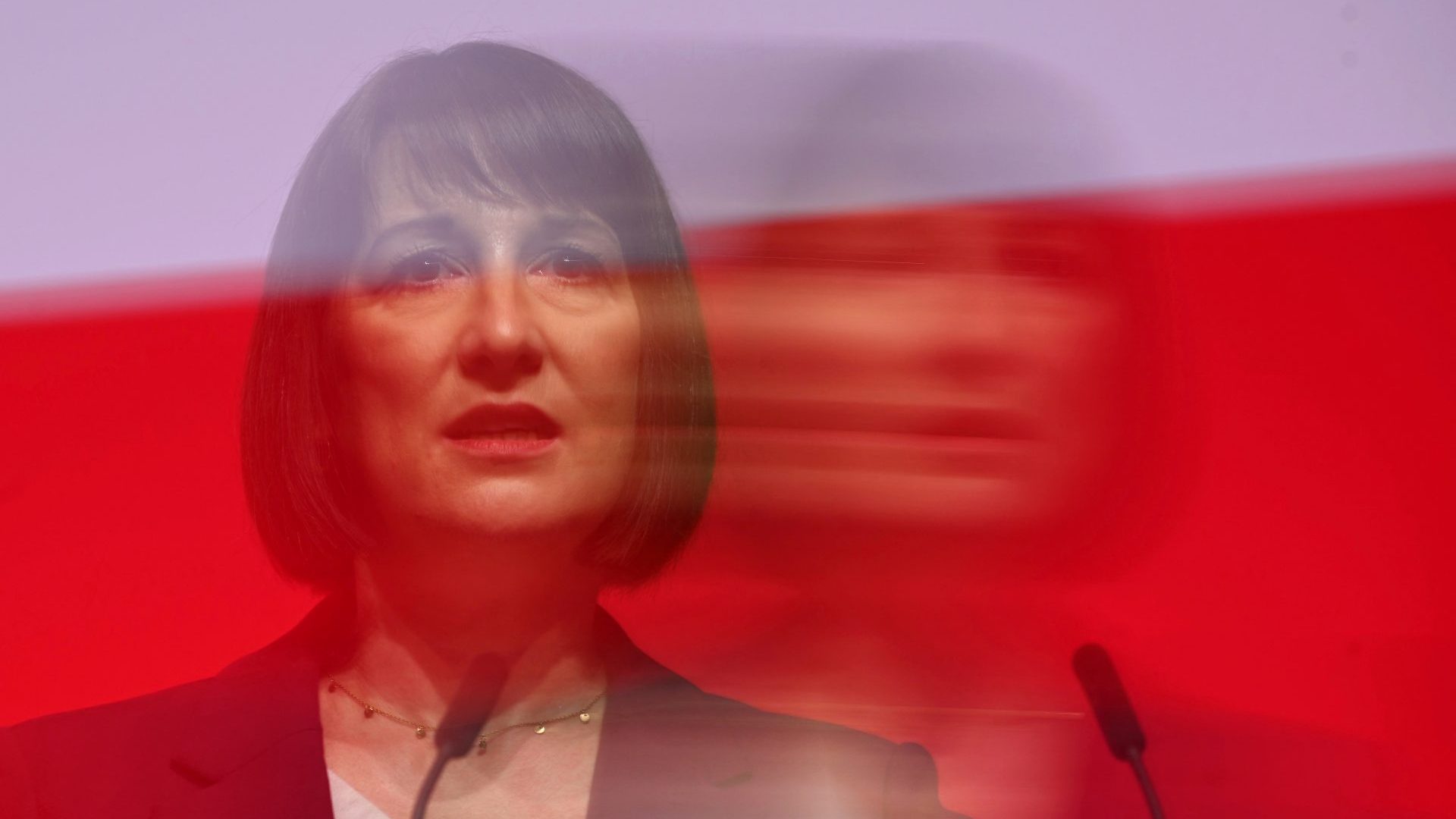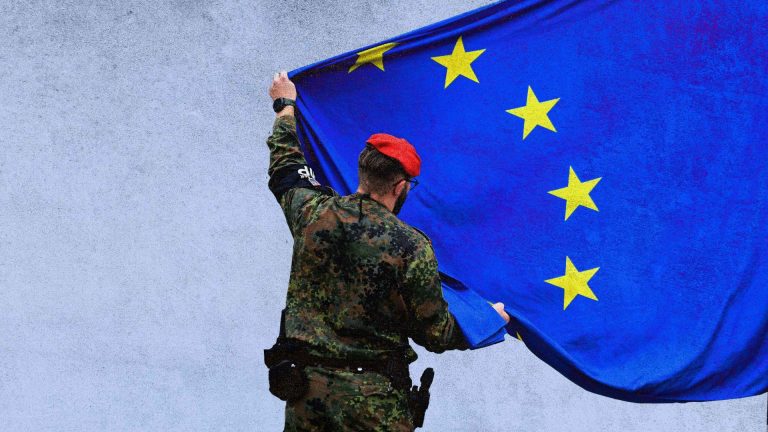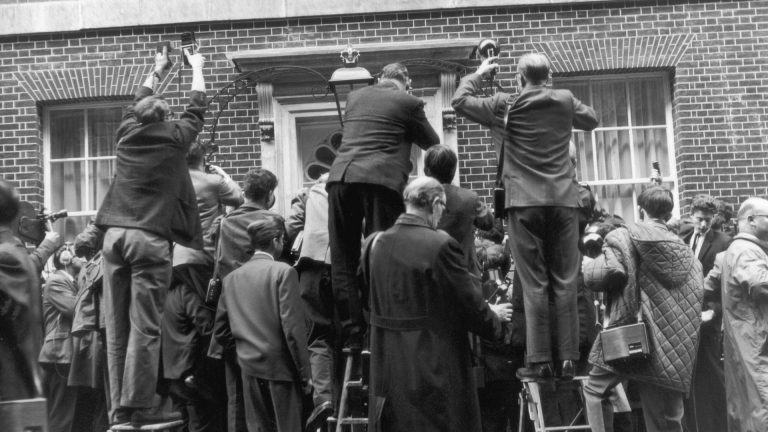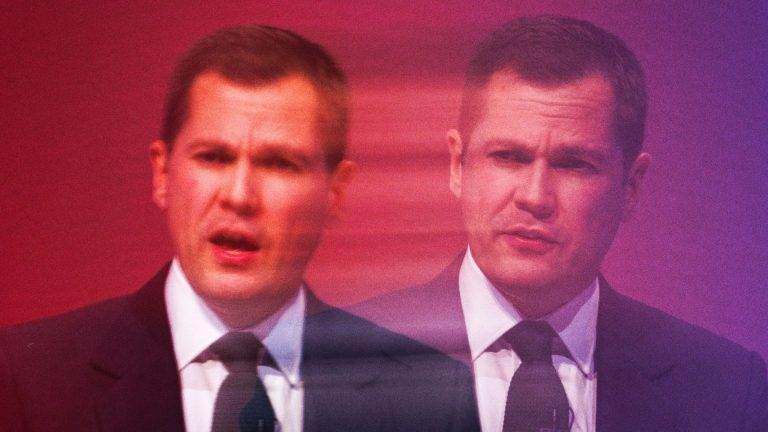The mercury rises, and so does the heat on Rachel Reeves. While the rest of us check the weather reports with a smile, the forecasts are decidedly frostier for Labour’s beleaguered chancellor.
Tax rises and spending cuts seem inevitable, doubtless to be followed by even more backbench dissent and even worse opinion polls. The changes seem likely to include a cap on the amount of wealth or assets that can be given away prior to death to reduce inheritance tax liabilities, and a rise in capital gains tax. These are sensible ideas that will be vehemently opposed by right wing newspapers and the right wing opposition parties.
There was a straw for Reeves to clutch at the other day. In May, the National Institute of Economic and Social Research (NIESR) had announced that the chancellor was on course to miss her 2030 target of meeting day-to-day government spending out of taxes rather than from borrowing, by £57 billion.
Last week it calculated that the gap was now £40 billion, and the media coverage was still damning. Perhaps someone should point out that the figures are getting better, not worse?
The second bit of good news for Reeves was that £40 billion is much higher than other economists have calculated. The Office for Budget Responsibility, which the chancellor uses as the source of data for her calculations, is expected to put the gap at £20 billion just before the next financial statement in the autumn, so half the NIESR figure.
On top of that, inflation is now expected to peak soon and interest rates will continue to fall – good for growth and good for the cost of government borrowing.
So, it is not yet the end of the world but an apocalypse averted is just about all the good news that Reeves has going for her. She finds herself in what the NIESR calls an “impossible trilemma”.
We can argue about the total figure, but by the end of summer the chancellor has to find tens of billions to fill the gap between taxes coming in and spending going out. She has to find the money to pay for restoring most of the winter fuel allowance, plus an ever-rising sickness benefits bill.
Abolishing the two-child benefit cap would also be a fair and politically astute thing to do, too. It is not cheap, but then as the NIESR points out, the poorest 10% of the UK’s population are worse off this year than last and 10% poorer than before Covid. That trend will continue next year for the poor but not the middle classes and rich, who will see their standard of living improve.
Suggested Reading
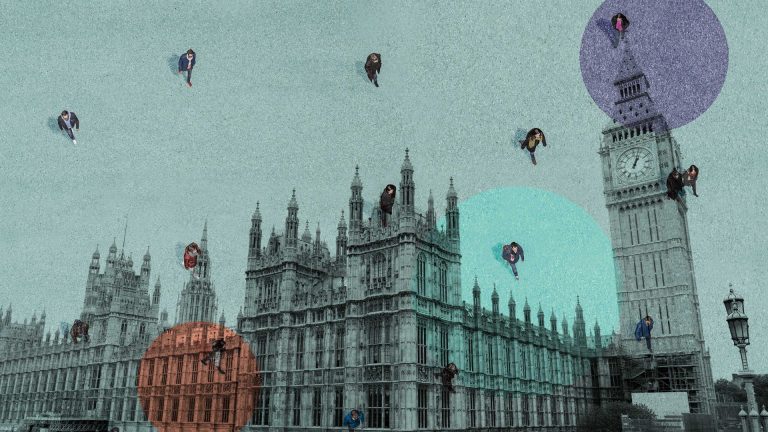

Labour have lost the moral high ground
So, there is still a lot to do and there are only three ways of doing it – spending less, borrowing more or taxing more. Yet the chancellor has tied her own hands.
She has promised not to change the borrowing targets, promised to keep to her spending commitments to help fix the Tories’ mess and promised not to increase the three largest sources of tax revenue – income tax, VAT and employee national insurance.
While all that is going on, Reeves must contend with a dangerous and uncontrollable fool in the White House who has just put tariffs of 10% on most of our exports to the USA, a hit to UK growth of about 0.2% a year. That may not sound too bad, but when growth is not very much above 1% it is a kick in the teeth we could do without.
Reeves can’t be blamed for the mess she inherited but it is a damning indictment of British politics that almost all the major parties have shackled themselves politically by promising to not increase taxes or to reduce them when it is patently obvious that the state is crumbling. It really should not be hard to face down the idiots who moan that nothing works and the country is falling apart but who in the same breath also claim taxes must fall.
We are still a low tax economy compared to similar countries, and so there is plenty of room for manoeuvre. The key factor is the political will to face reality.
There are a few ways of bringing in more money but not many that are as easy as taxing gambling, a social ill which hits the poorest and most desperate hardest and is massively undertaxed in the UK. Doubling the tax rate on gambling would bring in up to £3 billion a year, and the idea is even popular with voters, though not the powerful gaming industry and its pet politicians.
As well as capital gains tax and inheritance taxation, fuel duty is also in need of radical reform. But all these are political dynamite. Thatcherite propaganda has won on all three, with the consequence that everyone hates the perfectly sensible idea of raising these taxes – even IHT, which only affects a tiny percentage of people.
The real big earner which would just about stay within Labour’s election promises would be to continue to freeze tax bands beyond the six years announced by Jeremy Hunt when he was chancellor. Extending that freeze should bring in another £7billion a year and although the Tories will scream blue murder, it would be only extending their own tax rises by a few more years.
The chancellor is not without options, it is just that none of them will bring in enough to be a game-changer. To deliver one of those, she either has to break some of those election promises or she has to get higher growth.
She and the government have already made a start on growth with planning reforms, investment, an industrial policy and less red tape. But these are all very long-term policies, necessary but not necessarily quick.
There is however one obvious move that would close the gap in the government’s finances almost overnight. Brexit has cost us at least 4% of our economy and possibly much more, and as a result tax revenues are lower than they would otherwise have been. Interestingly enough, they are about £40 billion a year lower – the same £40 billion that the chancellor may need to fill that black hole in her finances.
Moving back to something like our former relationship with the EU is an obvious no-brainer. Even the government’s own figures show it.
It claims the new trade deal with India will eventually add £4.8 billion a year to the British economy but that the recent minor “reset” with the EU will add almost £9 billion a year. Imagine what a full-fat deal could do.
Growth, investment, productivity and tax revenue would all increase, and do so almost immediately. Yet Labour is terrified of re-opening the Brexit can of worms.
This is political cowardice and it is also betraying the country’s best interests. Reeves and Keir Starmer wouldn’t need to raise taxes if they had the political courage to seize the moment and level with the country: If you want to keep Brexit, taxes will have to go up.
As the political temperature continues to rise then, money is not the biggest thing Rachel Reeves lacks. It is courage.


